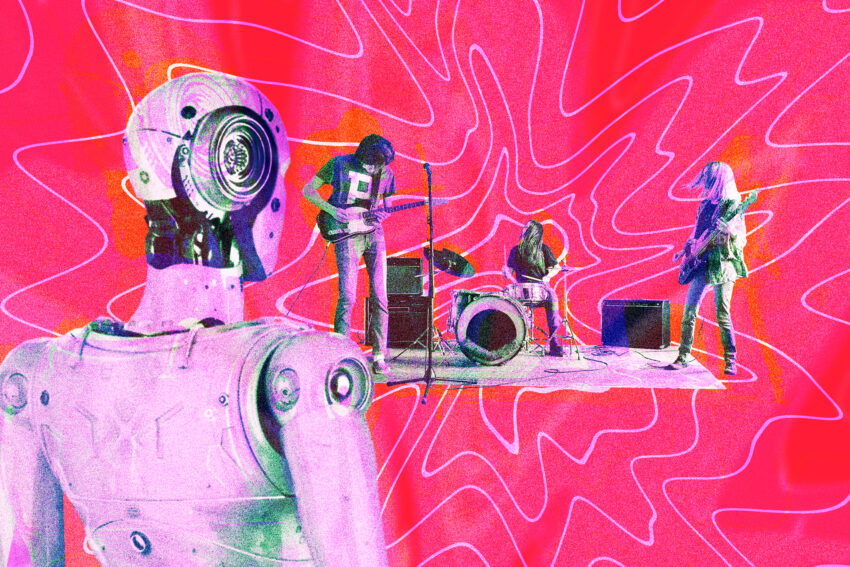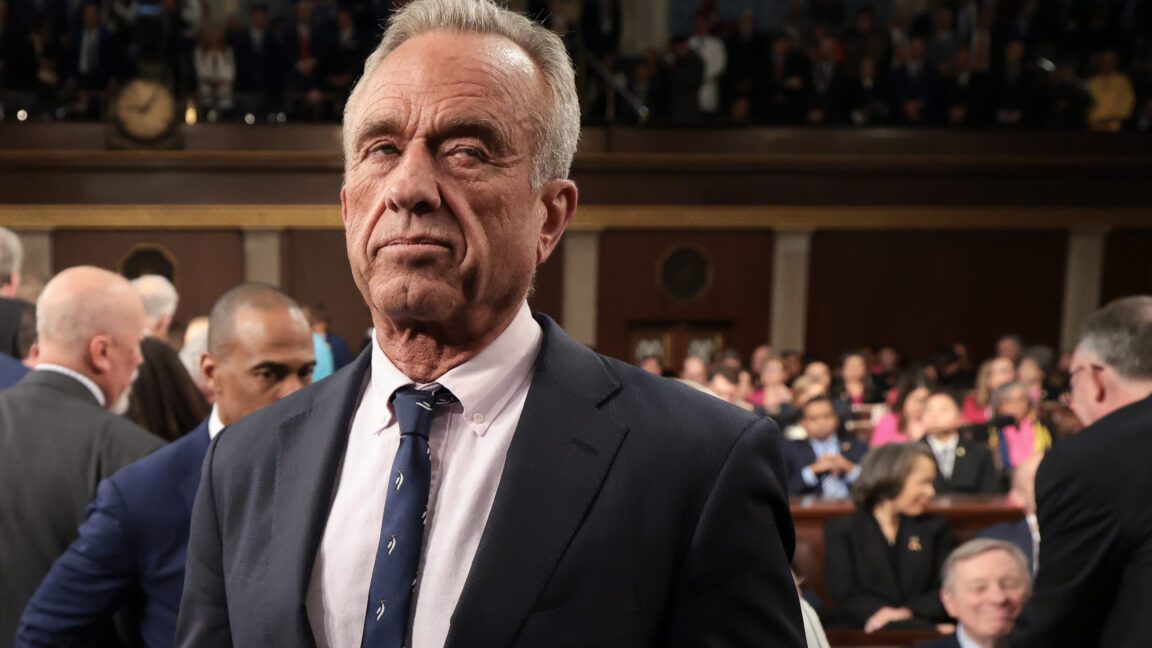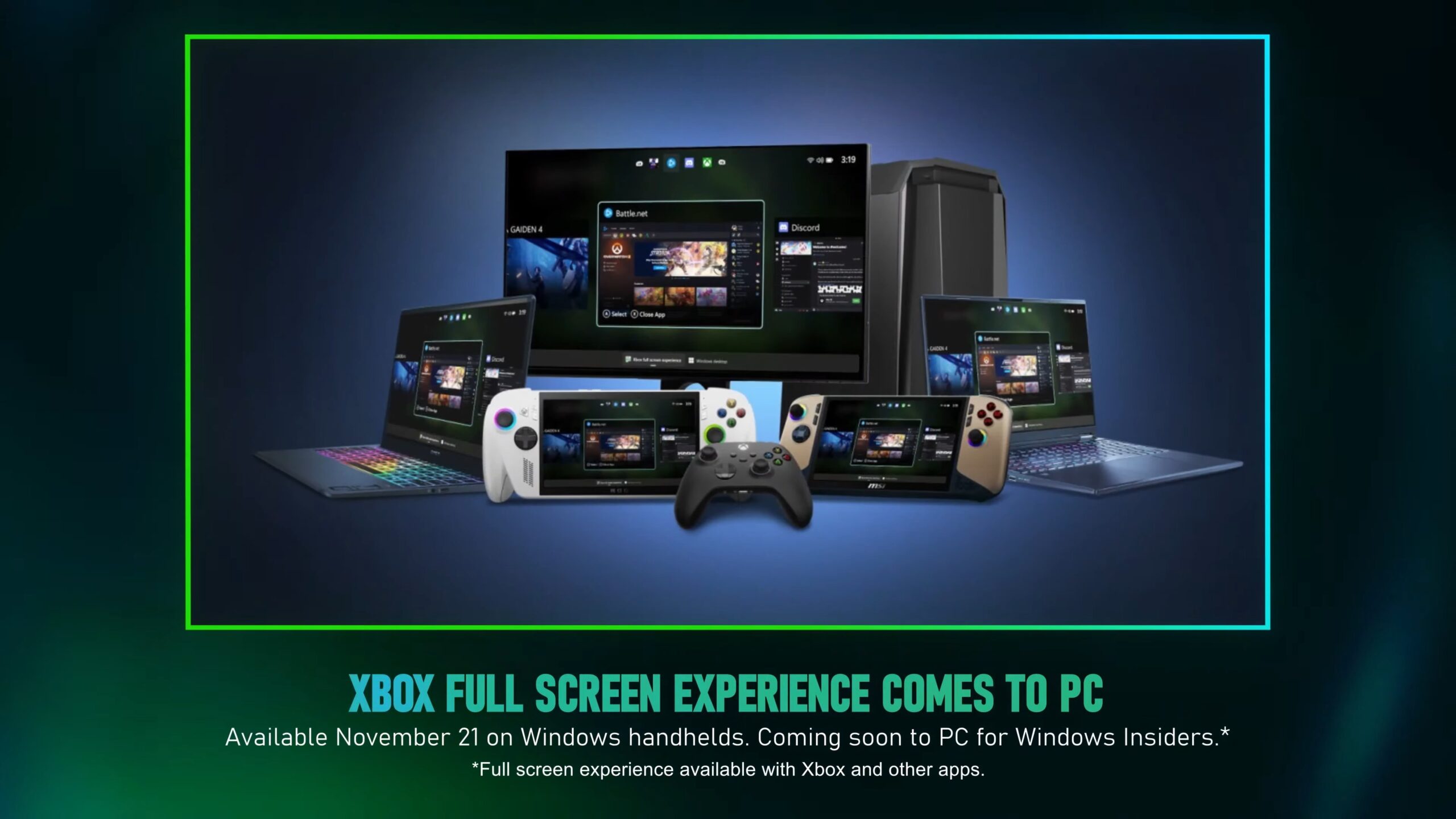
the music industry is all in on The music industry is increasingly embracing artificial intelligence as a tool for creativity and monetization, signaling a significant shift in how music is produced and consumed.
the music industry is all in on
The Rise of AI in Music
Two years ago, the emergence of “BBL Drizzy” marked a pivotal moment in the intersection of artificial intelligence and the music industry. This AI-generated song, featuring vocals that closely resembled those of the popular artist Drake, sparked a heated debate over artistry, likeness, and copyright. The incident prompted the three major record labels—Universal Music Group (UMG), Sony Music Entertainment, and Warner Records—to take legal action against AI companies Udio and Suno for copyright infringement. This legal battle was just the beginning of a broader conflict involving AI-generated content, as the labels also engaged in public disputes with platforms like TikTok regarding the use of AI in music.
As the dust settled, the music industry and AI startups began to find common ground. Recent developments indicate a shift towards collaboration rather than confrontation, with a focus on monetization that mirrors existing industry practices.
Klay’s Groundbreaking Deals
On Wednesday, Bloomberg reported that Klay, a music startup specializing in AI, became the first company of its kind to secure agreements with all three major labels. Klay positions itself as an “ethical” AI platform, aiming to create a streaming service that allows users to remix existing songs in various styles. This initiative is built on a model trained on thousands of licensed tracks, ensuring that artists are recognized and compensated for their work.
In a press release issued on Thursday, Warner Records lauded Klay’s innovative approach, stating, “KLAY is not a prompt-based meme generation engine designed to supplant human artists. Rather, it is an entirely new subscription product that will uplift great artists and celebrate their craft.” This statement underscores a growing recognition within the industry that AI can serve as a tool for artistic enhancement rather than a replacement for human creativity.
Settlements and Licensing Agreements
As the industry adapts to the rise of AI, settlements between record labels and AI music companies have begun to emerge. UMG settled with Udio in October, and Warner Music followed suit shortly thereafter. These settlements include licensing agreements that pave the way for future revenue opportunities for artists. However, litigation with Suno remains ongoing, highlighting the complexities and challenges that still exist in this evolving landscape.
The Compensation Debate
According to a report from the Financial Times in October, record labels have been advocating for a compensation framework that mirrors traditional music streaming models, which typically involve micropayments based on the number of plays. This push for a more equitable payment structure comes amid growing dissatisfaction from artists, including high-profile figures like Taylor Swift, who have criticized the existing streaming payment system for disproportionately benefiting labels at the expense of the creators themselves.
While the specifics of the Klay deals remain somewhat unclear, the potential for complications in determining earnings from AI-generated remixes is significant. For instance, if a user requests a shoegaze-style remix of a track by Sabrina Carpenter, questions arise regarding who receives payment for the resulting creation. If this remix goes viral on platforms like TikTok, generating millions of views, the complexities of ownership and compensation become even more pronounced.
The Messy Ecosystem of AI-Generated Music
The ecosystem surrounding AI-generated music is fraught with challenges. In September, Spotify revealed that it had removed 75 million “spammy” tracks in the preceding year, highlighting the prevalence of low-quality or unauthorized content. One notable example was the track “I Run” by the unknown artist HAVEN, which gained traction on TikTok but was later removed by Spotify after users mistakenly attributed the vocals to R&B artist Jorja Smith. This track had amassed 13 million streams before its removal, illustrating the potential for AI-generated music to achieve viral success despite lacking proper licensing.
Spotify’s response included the introduction of a new policy aimed at curbing artist vocal impersonations. This policy raises additional questions about the rights of individuals regarding their likeness and vocal identity. Songs that are original compositions but mimic the sound of established artists introduce a new layer of complexity to the ongoing discussions about copyright and artistic integrity.
Case Study: The HAVEN Incident
The creators of “I Run” explained to Billboard that they had written and produced the song but utilized Suno to process the vocals, generating a sound that closely resembled Jorja Smith. After Spotify removed the track, HAVEN reuploaded it with human vocals, yet some listeners reportedly preferred the AI-generated version. This incident exemplifies the blurred lines between human artistry and AI-generated content, raising questions about authenticity and consumer preference in an age where technology can replicate human sounds with increasing accuracy.
The Future of Music Consumption
The trajectory of AI in music suggests a potentially unconventional future for music consumption. As AI-generated tracks continue to emerge—often falsely attributed to human artists without proper licensing—the music industry faces a dual challenge: managing unauthorized content while fostering innovation through legitimate partnerships. If Klay and the major labels successfully launch a remix platform, the landscape will become even more intricate, with officially licensed AI tracks coexisting alongside unauthorized versions.
This scenario raises critical questions about ownership and compensation. As songs are uploaded, removed, reuploaded, and modified, the potential for confusion regarding rights and revenue distribution increases. The music labels are attempting to navigate this complex terrain by establishing a framework that allows for AI-generated music based on their artists, provided that they receive appropriate compensation.
Stakeholder Reactions
The reactions from various stakeholders within the music industry reflect a mixture of optimism and caution. Some artists view AI as a potential tool for creative expression and collaboration, while others remain skeptical about its implications for their livelihoods. Independent artists, in particular, have voiced concerns about how AI could further complicate an already challenging landscape dominated by major labels.
Industry experts suggest that the future of music will likely involve a hybrid model, where AI serves as a complement to human creativity rather than a replacement. This model could enable artists to leverage AI tools to enhance their work while ensuring that they retain control over their intellectual property and receive fair compensation.
Conclusion
The music industry’s evolving relationship with artificial intelligence reflects broader trends in technology and creativity. As Klay’s groundbreaking deals with major labels illustrate, there is potential for AI to play a transformative role in how music is created, shared, and monetized. However, the complexities surrounding copyright, compensation, and artistic integrity remain significant challenges that must be addressed as the industry moves forward.
Ultimately, the success of AI in music will depend on the ability of stakeholders to navigate these challenges collaboratively, ensuring that artists are recognized and rewarded for their contributions while embracing the innovative possibilities that AI technology offers.
Source: Original report
Was this helpful?
Last Modified: November 21, 2025 at 12:40 am
0 views















